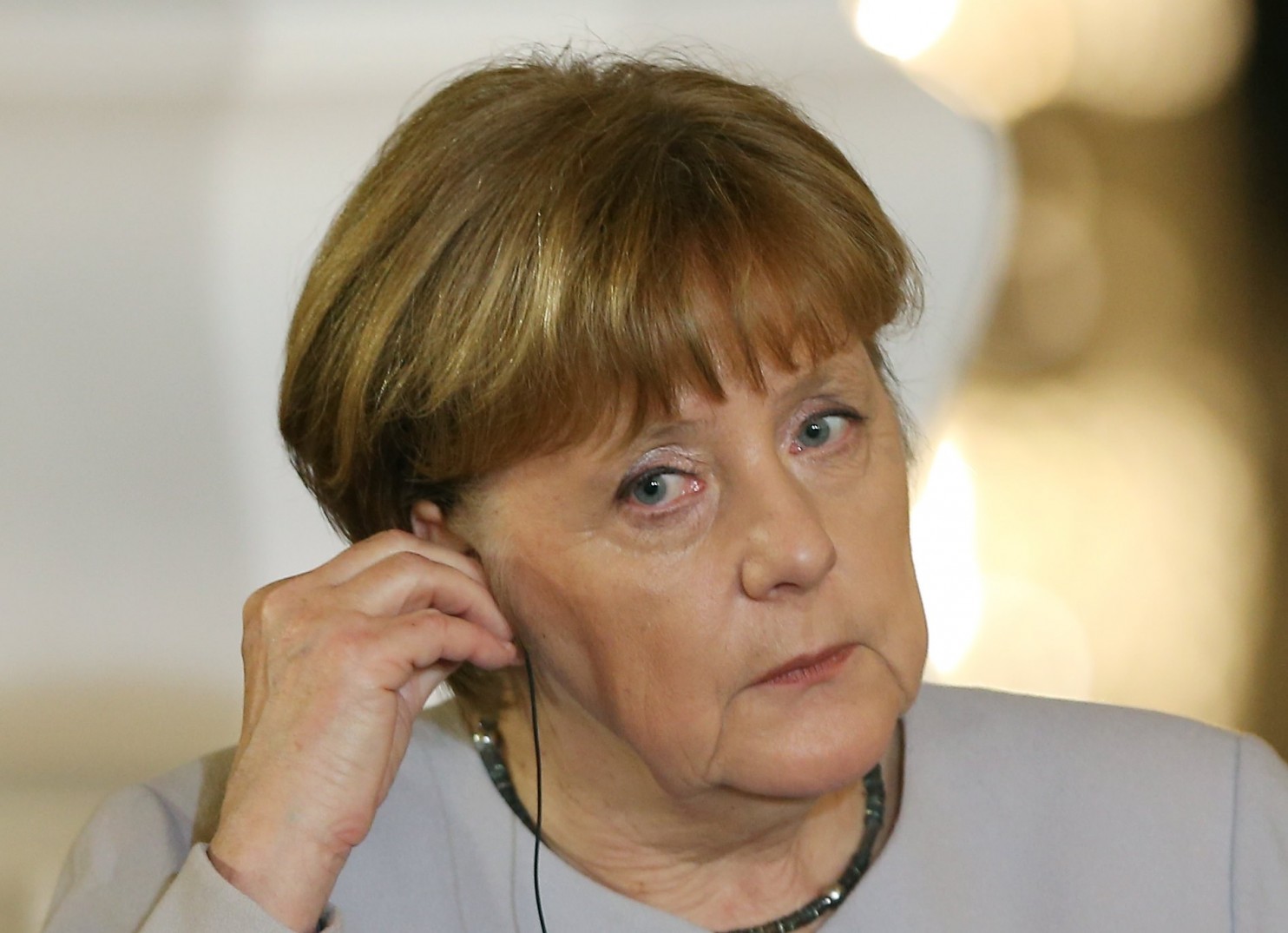Akram Khan
The Turkmenistan-Afghanistan-Pakistan-India gas pipeline (TAPI) is a magnificent project of supplying gas from Turkmenistan to South Asia. The initiation of energy projects plays an important role for mutual cooperation and trust building among the stake holding countries. In our region, the abundance of oil and gas, mostly in Central Asian Republics and its transport to energy deficient countries through pipelines could prove to be commendable steps. However, due to several inherent and imposed reasons, those projects could not achieve the optimal construction speed as envisaged by the stake holding countries. Among those energy projects, significant energy project called “TAPI pipeline” is a major interlinking project for energy-starved Afghanistan, Pakistan and India which would enhance regional cooperation while altering the pattern of Central Asian connectivity. TAPI’s route could integrate neighbours and provide the enticement to them and other states to work on similar projects together in future. One such instance is of Kazakhstan which has shown keen interest to be part of TAPI pipeline thus extending the lifespan of 30 years gas supply.
The main area of concern about the project is the security and continuation of the smooth gas supply between head to tail end countries. keeping in view the prevailing situation in Afghanistan and its surrounding countries, a broad concern about the security situation within these countries and the current status of bilateral relations among the stake holding countries, is also a grave concern and main challenge for these countries and the financing entities. Although its a debatable issue that the feasibility of such projects in terms of its economic benefits vs political benefits counts for a win- win situation, provided there is a smooth mechanism of gas supply and timely disbursement of its finical earnings. Experts are converged on the view that these countries must agree on the implementation of penalty, in case of any interruption of the gas supply by any country , would be liable to pay the losses to the aggrieved country or countries.
Afghanistan being a war-torn country, could earn millions in terms of its transit fees, and gain the status of a normal and economically viable country would also pave the way for Afghanistan to host and let transit other energy projects which could offer considerable financial gains and Foreign Direct Investments for Afghanistan and other regional countries. Infect progress on said project has been agonizingly remained slow but the governments committed in the project have remained optimistic despite of its snail paced development. Recently, the Afghan Gas Enterprise and ILF, an international engineering consulting firm, have settled an agreement for the Afghan leg’s engineering design. Signing ceremony was also attended by Afghan President Ashraf Ghani and other high-ranking Afghan officials.
It was reported that the project would have two phases which would take about four years to complete. “The first phase of the project, would include the security of the project, agreements, design, social and environmental study, demining, survey and feasibility of the pipeline’s route and expropriation would be completed in estimated one year. Whereas the construction could take the other three years to complete putting operation of the pipeline, if every things according to plan and scheduled, it could be expected somewhere during or after 2021.The 1,735 kilometer pipeline, estimated to cost upwards of $10 billion, is planned to carry 33 billion cubic meters (bcm) of gas annually from the Galkynysh field in Turkmenistan to markets in Pakistan and India. Afghanistan stands to make $400 million annually from the pipeline.
According to a report projected by the “Integrity Watch Afghanistan” of 2015, the country’s national budget for 2016 was set at $7.331 billion. Since 2001, foreign aid has supplied about 70 percent of the annual Afghan budget. An extra $400 million in revenue would be a beneficial support and step towards Afghanistan’s self reliance. Experts believe that the gas pipeline would enable Afghanistan to benefit from its location and become a transit hub for Central Asia. It will be an important economic corridor for Afghanistan and other regional countries. Turkmenistan is endlessly hopeful about the project, despite murky funding schemes and little evidence of actual on-the- ground progress. In December 2015, Turkmenistan broke ground on the pipeline’s construction. TAPI project, if successfully got completed; it could pave the way for many other underlying projects, which could be helpful for the economic prosperity of the regional countries. However, these optimistic projects are tied up to the regional peace condition, mainly in Afghanistan and Pakistan. The Afghan Government must end the hostilities being propelled from Afghan soil by denying utilization of her soil by our common adversaries, portraying as friends of Afghanistan and champions of democracy.



